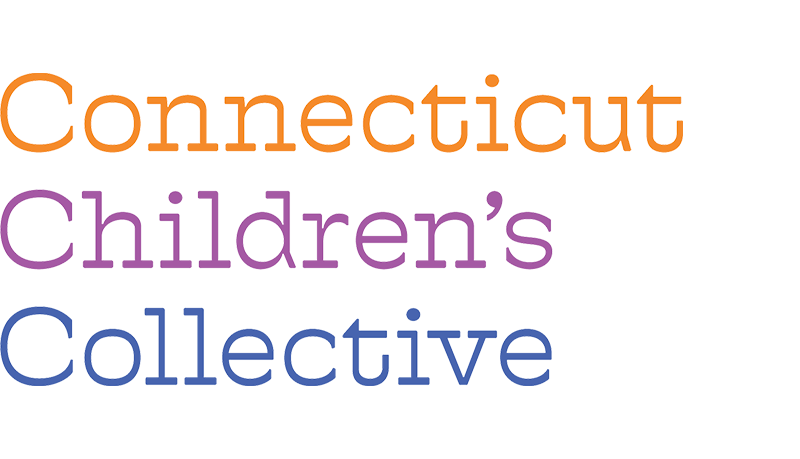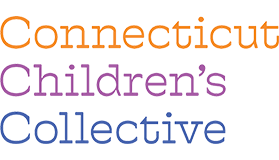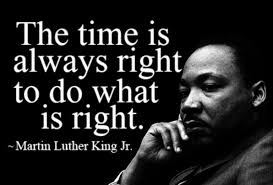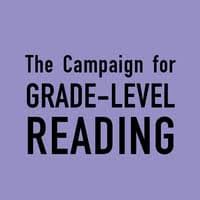January is National Human Trafficking Prevention Month
According to the U.S. Department of State, human trafficking, also known as trafficking in persons, includes both forced labor and sex trafficking. It not only represents a threat to international peace and security but also undermines the rule of law, robs millions of their dignity and freedom, enriches transnational criminals and terrorists, and threatens public safety and national security everywhere.
In Connecticut, we are fortunate enough to have a Human Anti-trafficking Response Teams, led by Yvette Young, Associate Vice President of Programs and Advocacy for the Village for Families & Children. They focus on reducing commercial sexual exploitation of children and domestic minor sex trafficking. Human Trafficking is not only an international issue – it is a domestic one as well. In Yvette’s powerful talk she shares how children are lured and what we can do to better protect them. This talk was given at a TEDx event using the TED conference format but independently organized by a local community.
You can view the Ted Talk here.
According to the U.S. Department of State, there are estimated to be more than 27.6 million people — adults and children — subjected to human trafficking around the world, including in the United States. Traffickers often take advantage of instability caused by natural disasters, conflict, or a pandemic to exploit others. During the COVID-19 pandemic, traffickers are continuing to perpetrate the crime, finding ways to innovate and capitalize on the chaos.
Like the United States, many countries around the world have worked to implement the “3P” paradigm of preventing the crime, protecting victims, and prosecuting traffickers, through the passage and implementation of national anti-trafficking laws. Today, there are 178 parties to the UN Protocol to Prevent, Suppress and Punish Trafficking in Persons. Only 14 of the 188 countries and territories assessed in the Department of State’s 2021 Trafficking in Persons Report have yet to adhere to this international standard to ensure their laws criminalize all forms of human trafficking, and take concerted steps to prevent human trafficking, protect all victims, and cooperate internationally to combat this global crime.
Despite the nearly worldwide adoption of international and domestic norms to address and prevent human trafficking, we continue to witness traffickers exploit people in the United States and around the world. But everyone has the power to help make a difference. Every Presidential proclamation for January ends with a call to action for all Americans to recognize the vital role everyone can play in combating all forms of human trafficking.
Here is a list of resources about human trafficking:
- Understanding Human Trafficking
- 20 Ways You Can Help Fight Human Trafficking
- The U.S. Government’s Response to Combating Human Trafficking
- Human Trafficking Hotlines
- U.S. Advisory Council on Human Trafficking Annual Report
To read the full article and learn more, click here.





